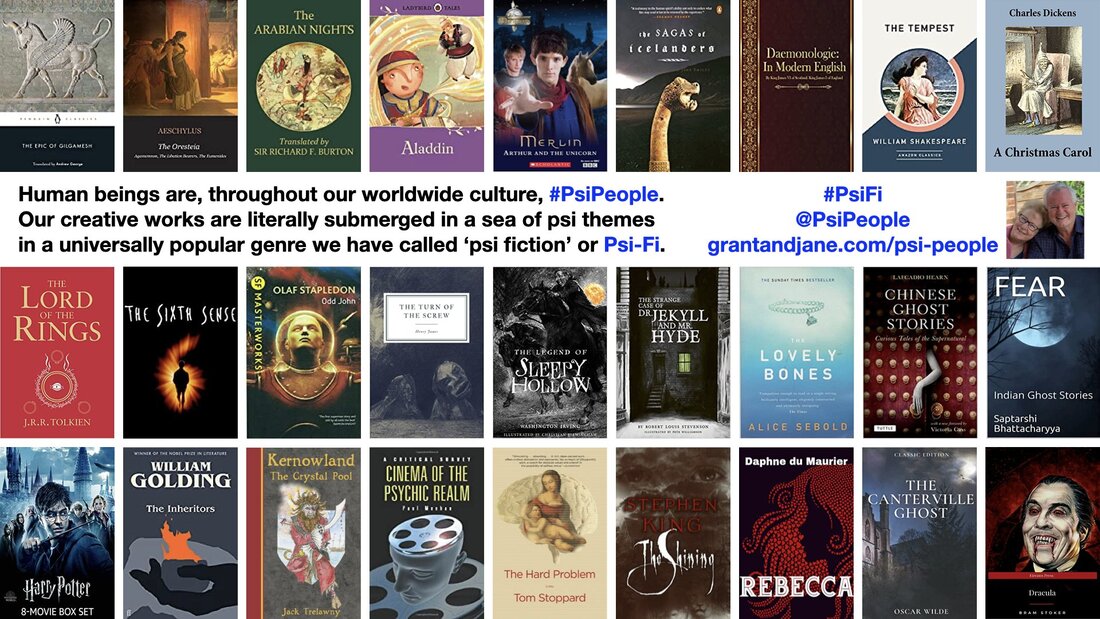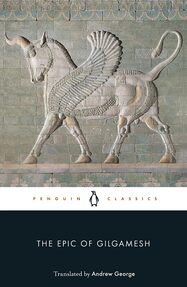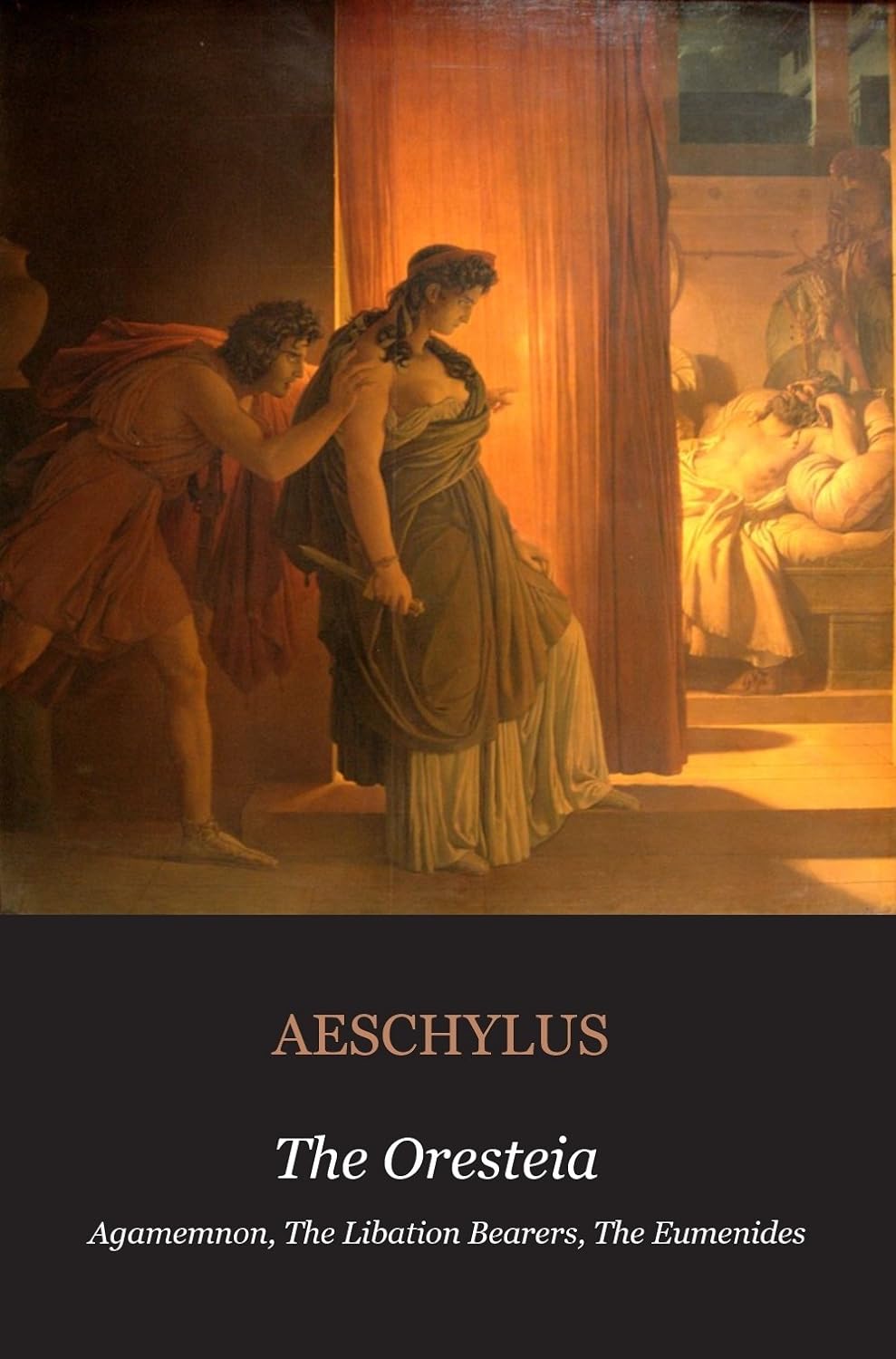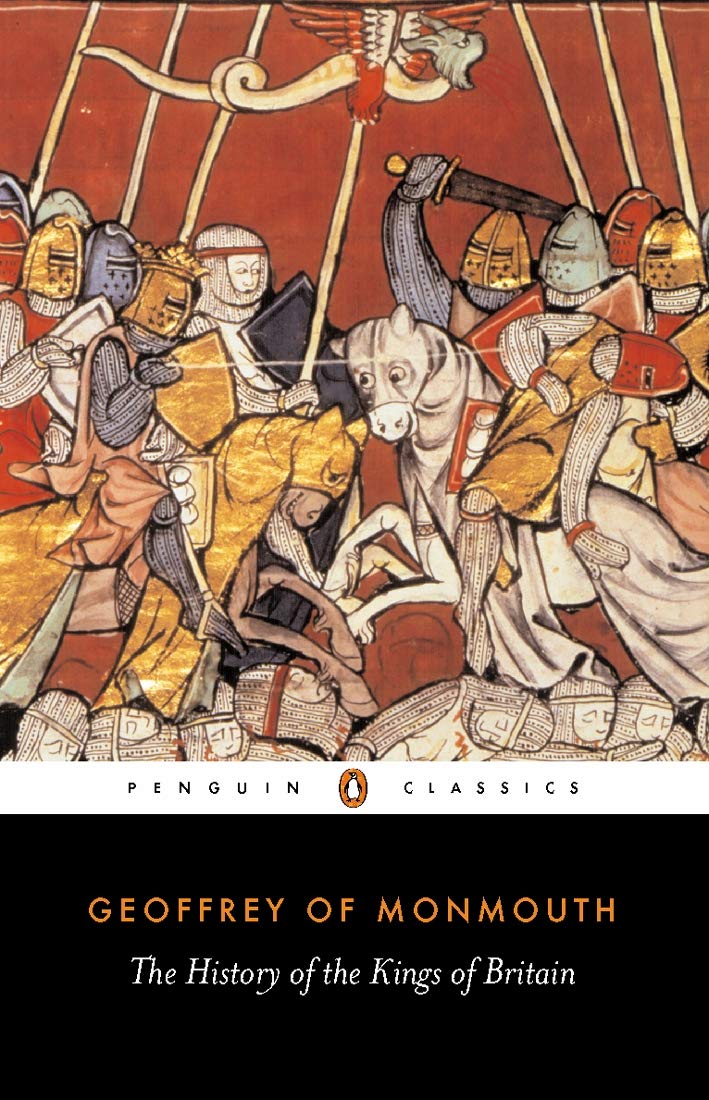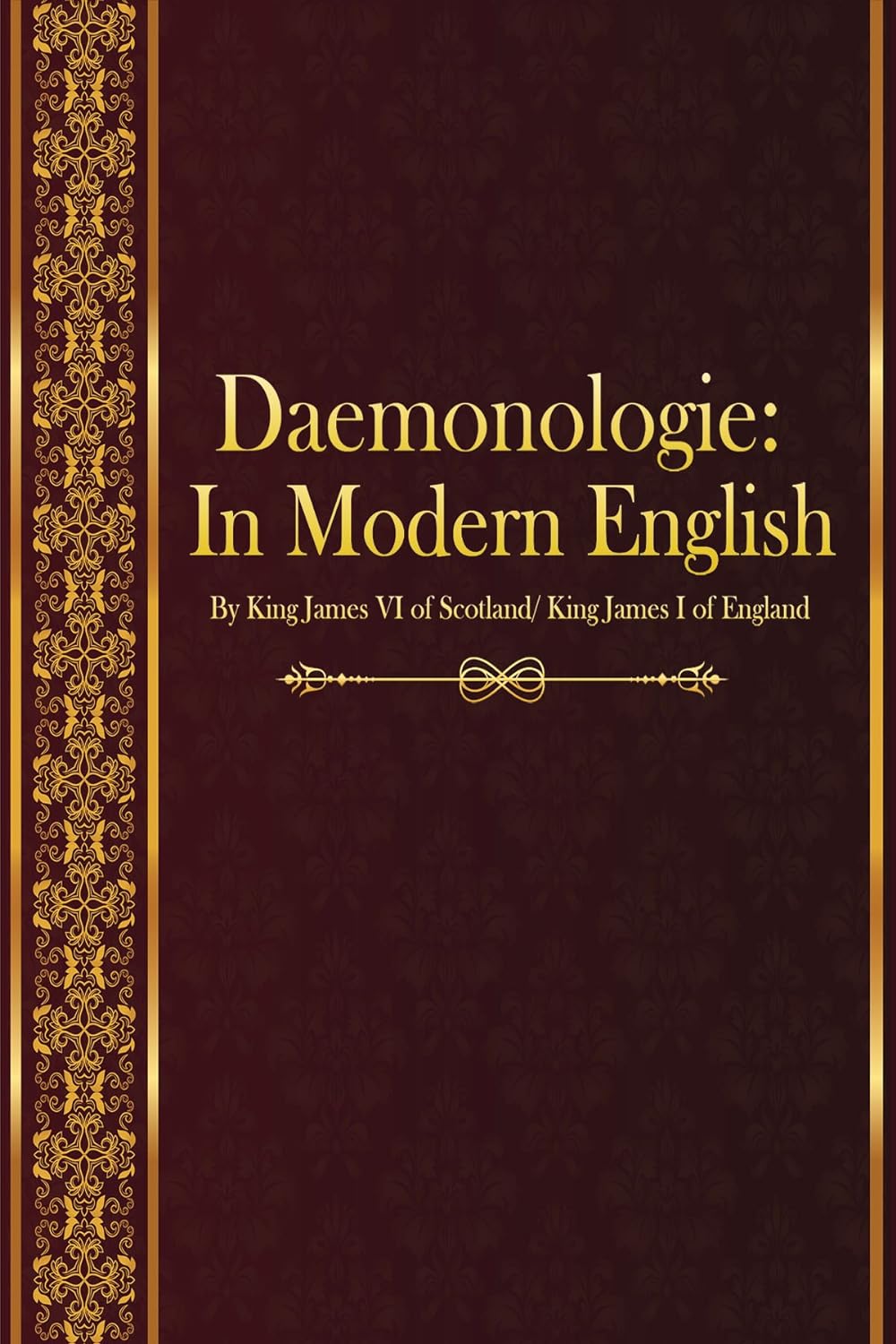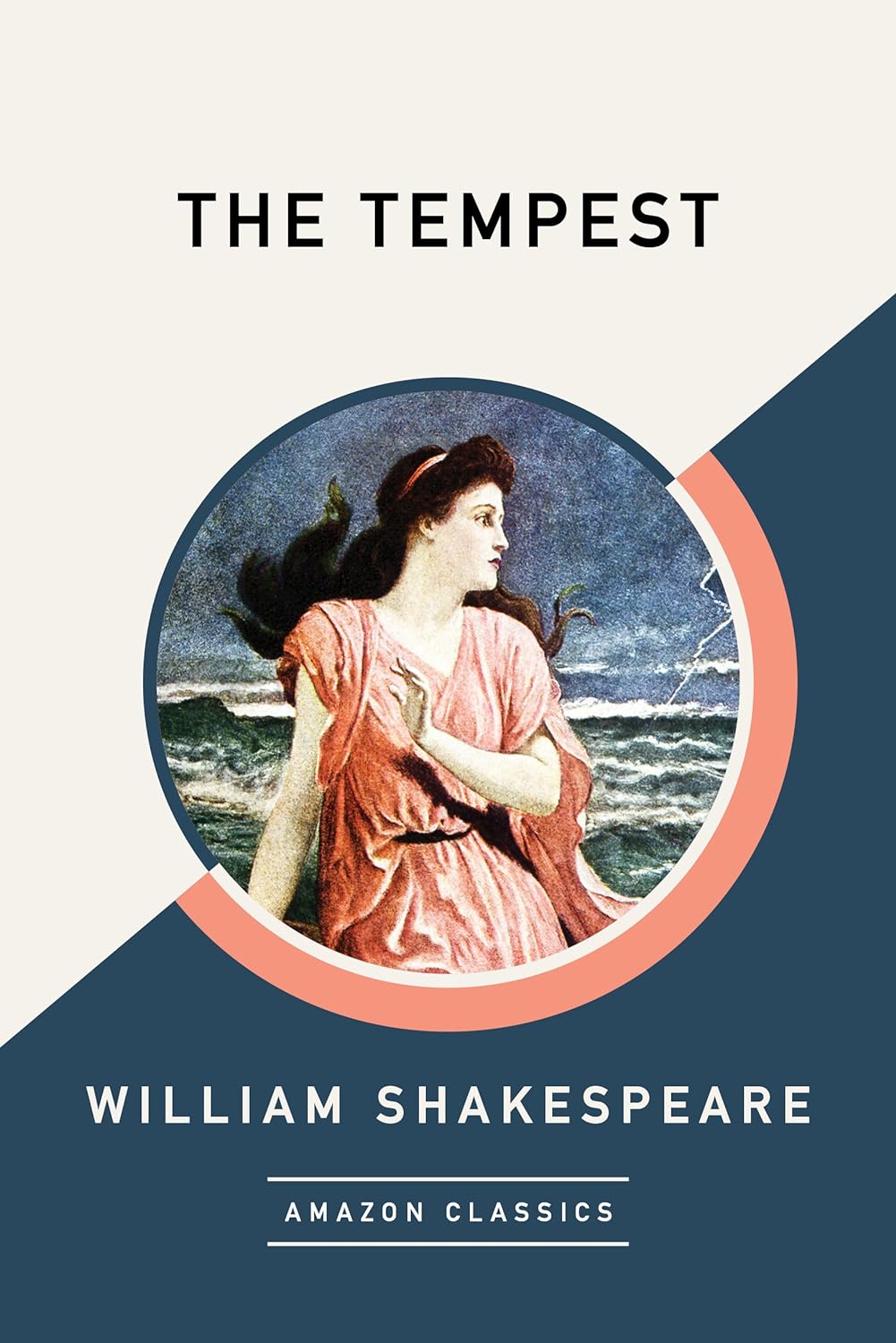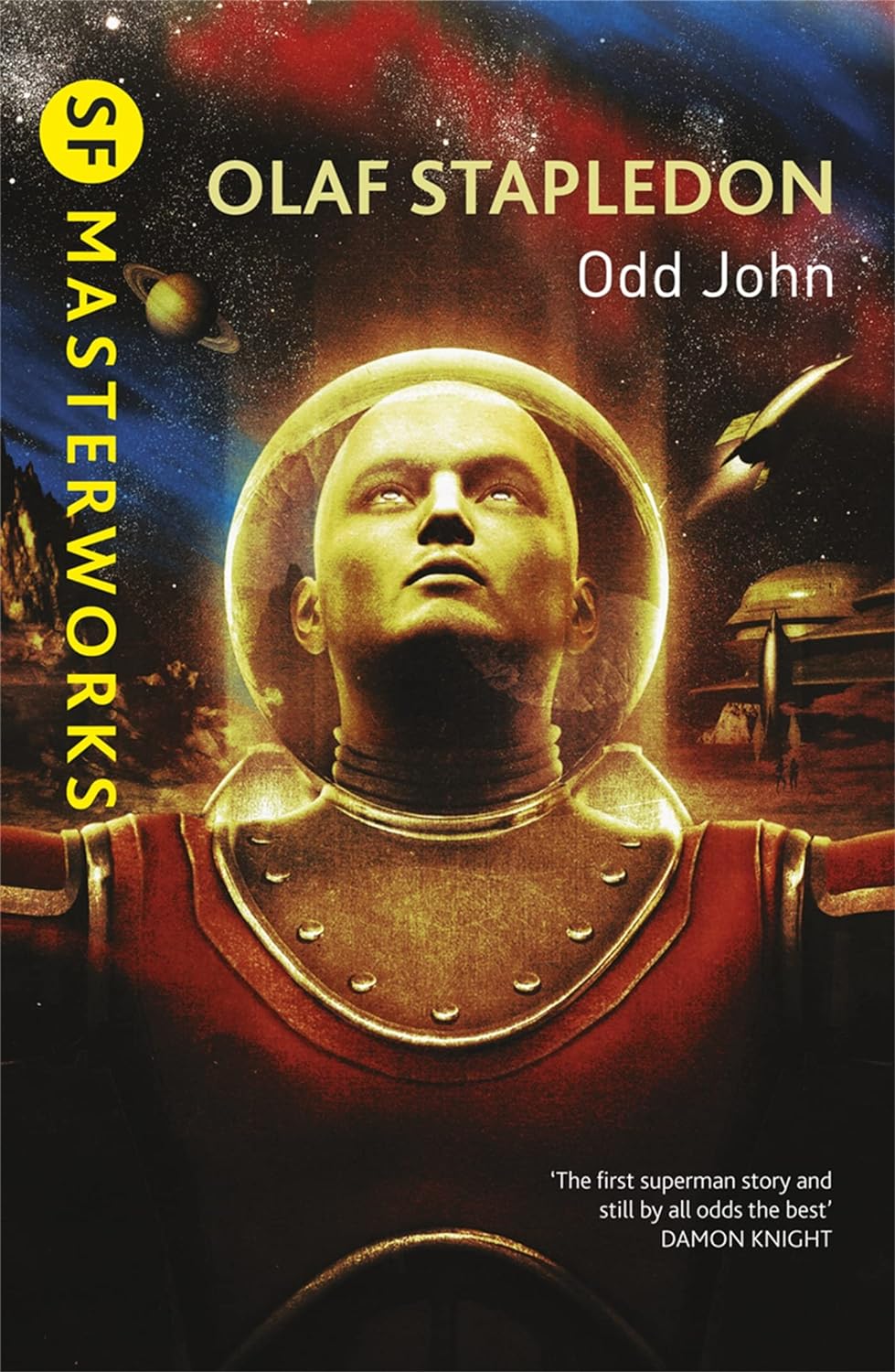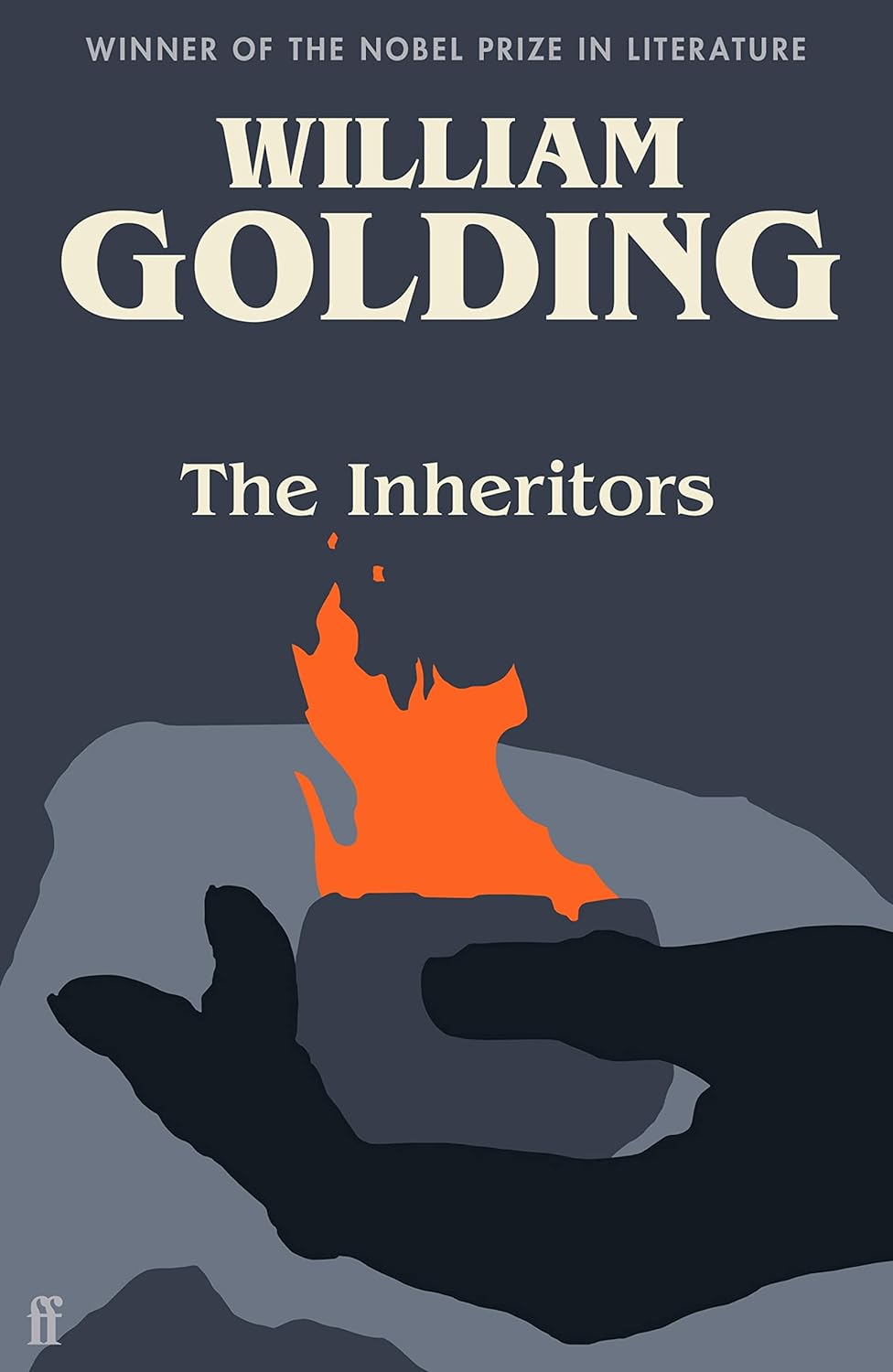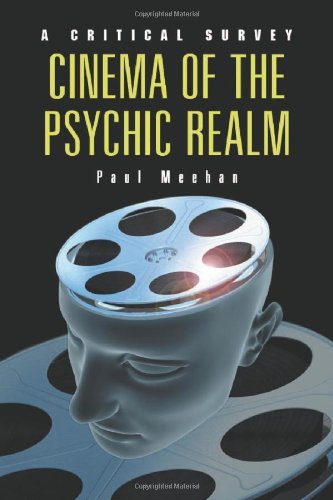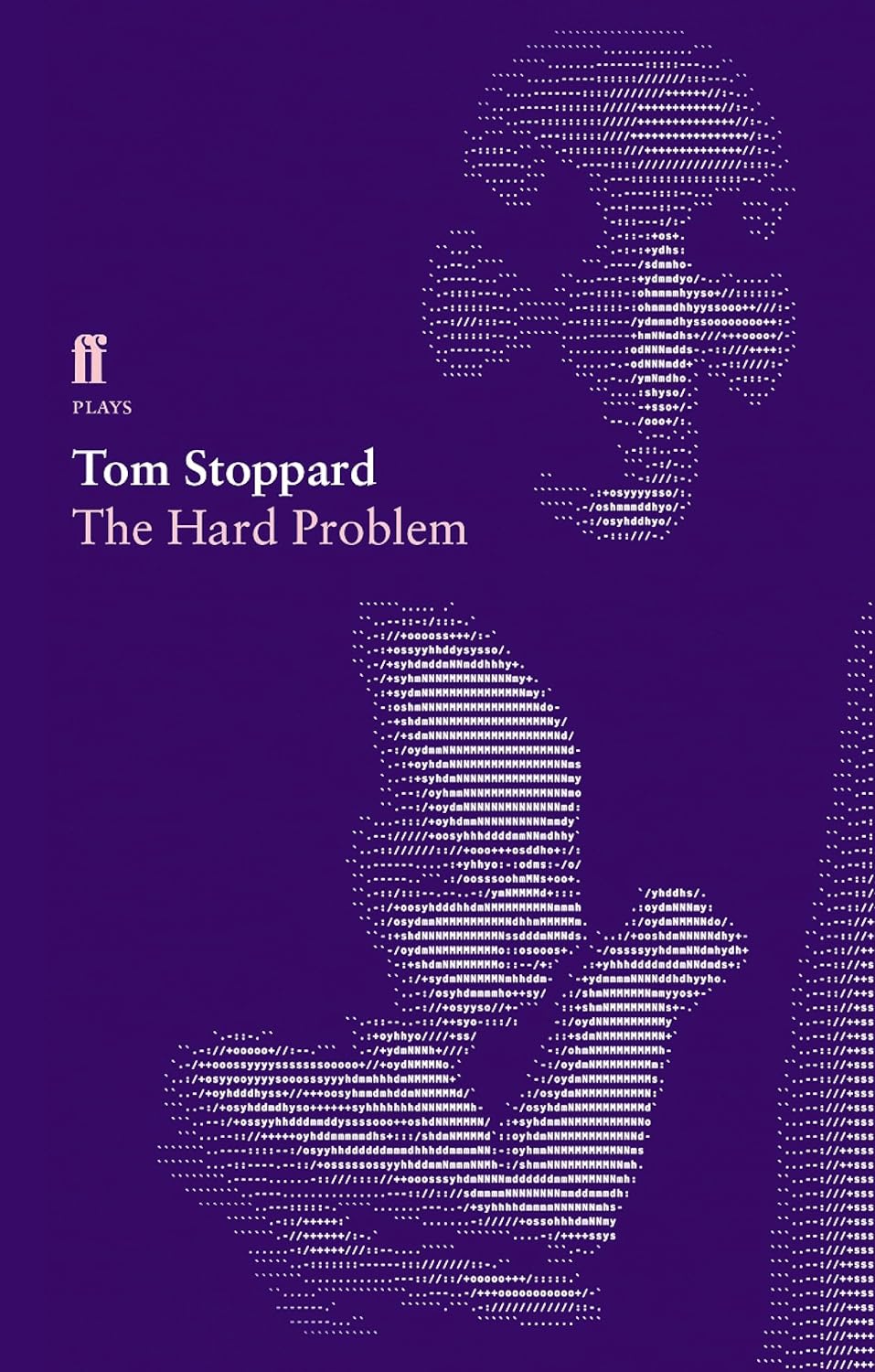PSI-FI
Psi Fiction: The 'Psi-Fi' Genre
As specialist 'psi' writers, we are interested in writing that uses psi themes as literary and dramatic devices around the world and throughout history. Psi themes are often employed by writers to add mystery and increase conflict and tension in the psi fiction genre.
We have shortened the term, 'psi fiction', to 'psi-fi'.
As specialist 'psi' writers, we are interested in writing that uses psi themes as literary and dramatic devices around the world and throughout history. Psi themes are often employed by writers to add mystery and increase conflict and tension in the psi fiction genre.
We have shortened the term, 'psi fiction', to 'psi-fi'.
Psi Themes in Psi-Fi Literature & Drama
From the earliest Sumerian writing in the third millennium BCE, psi themes and the psi-fi genre have been ubiquitous in literature and drama. Psi and psi-fi are literally everywhere. This suggests that human beings are, and have always been, interested in psi phenomena for entertainment.
We're adding content on creative people (e.g. writers, producers, directors, and artists) connected to psi on the Psi People blog.
Below are some examples of psi themes used in psi-fi genre stories throughout history...
From the earliest Sumerian writing in the third millennium BCE, psi themes and the psi-fi genre have been ubiquitous in literature and drama. Psi and psi-fi are literally everywhere. This suggests that human beings are, and have always been, interested in psi phenomena for entertainment.
We're adding content on creative people (e.g. writers, producers, directors, and artists) connected to psi on the Psi People blog.
Below are some examples of psi themes used in psi-fi genre stories throughout history...
|
The Epic of Gilgamesh by Anonymous
The Epic of Gilgamesh (Sumer c. 2100 BCE) is an epic poem from ancient Mesopotamia that could qualify as the earliest surviving great work of literature and the second oldest religious text, after the Pyramid Texts. In what might be called, 'the first recorded ghost story', the protagonist Gilgamesh questions the ghost of Enkidu about the condition of the dead. The story also includes dream premonitions that have to be interpreted by a 'wise' person. The precognitive dream is a major psi theme which often appears in the psi-fi genre. |
|
The Oresteia by Aeschylus
From Classical Greece, there are oracles and prophecies (psi themes), as in Aeschylus' play, Agamemnon, which won first prize at the Dionysia competition in 458 BCE. |
|
The Arabian Nights by Richard Francis Burton
Psi plays a major part in Asian art and literature. In A Thousand and One Nights, (aka The Arabian Nights), newlywed, Scheherazade, captivates her husband with bedtime tales of djinns (jinns/genies) and other psi mysteries in order to stay alive. |
But The Arabian Nights aren’t just from Arabia. Dating back as far as the C10th, as well as in Arabic culture, these tales have origins in North African, Turkish, Persian, Indian, and East Asian cultures. In 947 Arab historian Al-Masudi, for example, describes a large collection of a thousand tales from all over the ancient world that he calls the Persian Hazar afsana (A Thousand Stories). The stories circulated for centuries, with new folk tales and renditions being added to the mix over the years.
|
Aladdin and the Magical Lamp (by Antoine Galland via Hanna Diyab)
In 1712, French scholar Antoine Galland translated an Arabic version of the tales into French. Galland added several new stories told to him by a Syrian named Ḥanna Diyab from Aleppo; Aladdin and the Magical Lamp was one of them. In both Galland’s text and Richard Burton’s popular 1885 English translation, Aladdin lives 'in a city of the cities in China'. Illustrations of the tales from the Victorian era depict the story and its characters as Chinese. The setting and the characters’ ethnicity begins to shift west to Arabia and the Middle East when the story is told on the big screen in the early 20th century.(Source) Also see: The History of the Original Aladdin Tale |
|
The History of the Kings of Britain by Geoffrey of Monmouth
In the 1136 book by Geoffrey of Monmouth, Historia Regum Britanniae (The History of the Kings of Britain) we meet King Arthur and the wizard, Merlin, who has a range of psi powers |
|
Eddas and Sagas by Snorri Sturluson (via Anonymous)
The Norse (poetic) Eddas (by Snorri Sturluson c. 1220) and (prose) Sagas (many also written down in C13th) from Scandinavia contain many psi references; in one story, Odin even trades an eye for the power of second sight. (Odin was the great magician among the Norse gods and was associated with runes. He was also the god of poets. |
|
Daemonologie by King James VI of Scotland/King James I of England
In 1597, King James I of England (aka King James VI of Scotland), who ascended the English throne in 1603, wrote his own book Daemonologie, in the form of a dialogue advocating that human beings exercised power over spirits—attributing the source of that power to The Devil. |
Amazon blurb: Daemonologie
In 1597, fourteen years before the publication of the King James Bible, King James wrote and published Daemonologie, a philosophical monograph on the supernatural entities believed by King James to wander the earth. The book details a dialogue between Philomathes and Epistemon, two men who seek to uncover the truth of everything from demons to witchcraft through theological and philosophical discourse. These writings fueled the fires behind witch trials for years to come, and are even believed to have influenced Shakespeare’s Macbeth. Originally written in Early Modern English, this version has been transliterated for the comfort of modern readers, providing the authentic Daemonologie experience.
In 1597, fourteen years before the publication of the King James Bible, King James wrote and published Daemonologie, a philosophical monograph on the supernatural entities believed by King James to wander the earth. The book details a dialogue between Philomathes and Epistemon, two men who seek to uncover the truth of everything from demons to witchcraft through theological and philosophical discourse. These writings fueled the fires behind witch trials for years to come, and are even believed to have influenced Shakespeare’s Macbeth. Originally written in Early Modern English, this version has been transliterated for the comfort of modern readers, providing the authentic Daemonologie experience.
|
The Tempest by William Shakespeare
In the works of William Shakespeare – including The Tempest (c. 1610) – psi is a recurring theme. Shakespeare was taking a risk with the religious authorities with the use of magic in The Tempest; he could have landed himself in prison or worse. According to Barbara A. Mowat, Shakespeare protected himself by removing any religious context and by having Prospero give up magic at the end of the play. |
In The Tempest, for years, Prospero, sorcerer and overthrown Duke of Milan, and his daughter, Miranda, have been marooned on an island of magic, both good and evil. When a ship carrying his usurping brother sails within the realm of his power, Prospero unleashes a storm that leaves the crew washed ashore, separated, and vulnerable to his enchantments—and open to forgiveness, repentance, and love. Given its themes of reconciliation and closure, and its references to the dissolution of “the great globe,” this tragicomedy of illusion and the supernatural is believed by some critics to be Shakespeare’s spellbinding farewell to the stage.
|
Odd John by Olaf Stapledon
A modern, serious treatment of the psi theme in science fiction literature is Odd John, a 1935 novel by British sci-fi writer, Olaf Stapledon, which tells the story of a mutant superman who is gifted with a superior intellect, telepathy, and other mind powers; and who is driven by a vision of creating a sanctuary where he and his kind (Homo superior) can form a society entirely free from the influence of Homo sapiens. ...John Wainwright is a freak, a human mutation with an extraordinary intelligence which is both awesome and frightening to behold. Ordinary humans are mere playthings to him. And Odd John has a plan to create a new order on Earth, a new supernormal species. But is the world ready for such a change... |
|
The Inheritors by William Golding
In Nobel Prize-winning author, William Golding's, 1963 novel, The Inheritors, a kindly race of telepathic Neanderthals is driven to extinction by a group of non-psychic Cro-Magnons, who, deprived of a genetic ESP advantage, are forced to develop language and technology to compensate. ...When spring comes, the people leave their winter cave, foraging for honey, grubs, and the hot richness of a deer's brain. They awaken the fire to heat their naked bodies, lay down their thorn bushes, and share pictures in their minds. But strange things are happening: inexplicable scents and sounds. Unimaginable beasts are half-glimpsed in the forest; upright creatures of bone-faces and deerskins. What the people don't know is that their day is already over... |
Psi-Fi on Screen & Stage
|
Easy Rider by Peter Fonda, Dennis Hopper, Terry Southern
Originally released in 1969, Easy Rider is widely regarded as the original 'road movie'. It reflected the attitudes and longings of an entire generation, and was soon copied by other Hollywood studios. In the movie, Peter Fonda's character, Captain America, has a 'presentiment' (psi) experience. [Presentiment is 'an intuitive feeling about the future, especially one of foreboding'.] See Dean Radin on Psi-Encyclopedia. |
|
Harry Potter by J K Rowling
By definition, the young 'wizard', Harry Potter (1997) after his training at Hogwarts School of Witchcraft and Wizardry, becomes an accomplished psi practitioner. The 'wands' used by wizards and witches may derive from the psi practice of dowsing with sticks. 'In the world of Harry Potter, a ghost is the transparent, three-dimensional imprint of a deceased witch or wizard, which continues to exist in the mortal world. Muggles cannot come back as ghosts, and the wisest witches and wizards choose not to. It is those with "unfinished business", whether in the form of fear, guilt, regrets or overt attachment to the material world who refuse to move on to the next dimension.' J K Rowling on Wizarding World |
|
|
Messiah on Netflix
A very large number of titles on Netflix are psi-themed, including the controversial Messiah, on which our (also psi-themed) The Scole Experiment Movie producer, Andrew Deane, was an executive producer. |
|
Cinema of the Psychic Realm: A Critical Survey by Paul Meehan
In his scholarly assessment of psi (paranormal powers) in the movies, Cinema of the Psychic Realm: A Critical Survey, author Paul Meehan gives 'A Brief History of the Paranormal in Fact and Fiction' before providing many examples of the use of psi by film writers. |
Amazon blurb: Cinema of the Psychic Realm: A Critical Survey
Cinema is ideally suited to the world of psychic phenomena. A technique as simple as a voice-over can simulate mental telepathy, while unusual lighting, set design, or creative digital manipulation can conjure clairvoyant visions, precognition, or even psychokinesis.
This book analyzes the depiction of paranormal powers in film, examining how movies like Star Wars, Independence Day, The Green Mile, and dozens of others both reflect and influence the way modern society thinks about psychic abilities. The theme is explored in nearly 100 films from a variety of genres including drama, comedy, horror, science fiction, crime melodrama, and children’s films, providing a concise review of the history and concepts of mainstream cinematic parapsychology.
Cinema is ideally suited to the world of psychic phenomena. A technique as simple as a voice-over can simulate mental telepathy, while unusual lighting, set design, or creative digital manipulation can conjure clairvoyant visions, precognition, or even psychokinesis.
This book analyzes the depiction of paranormal powers in film, examining how movies like Star Wars, Independence Day, The Green Mile, and dozens of others both reflect and influence the way modern society thinks about psychic abilities. The theme is explored in nearly 100 films from a variety of genres including drama, comedy, horror, science fiction, crime melodrama, and children’s films, providing a concise review of the history and concepts of mainstream cinematic parapsychology.
|
The Hard Problem by Tom Stoppard
In 2015, Tom Stoppard's 'psi-themed' play, The Hard Problem was released. It is 'a powerful take on a contemporary dilemma, filled with provocative discourse and quick wit'. Stoppard defines 'The Hard Problem' of consciousness as humans having 'subjective First Person experiences' – he notes the strangeness in the illusion of consciousness in which, clearly, you have to be conscious to experience. The New York Times says: 'In about an hour and a half, it [The Hard Problem] somehow encompasses neuroscience, metaphysics, econometrics, philosophy of mind, and social-exchange theory.' |
Amazon blurb: The Hard Problem
Above all don't use the word good as though it meant something in evolutionary science.
Hilary, a young psychology researcher at a brain-science institute, is nursing a private sorrow and a troubling question at work, where psychology and biology meet. If there is nothing but matter, what is consciousness? This is 'the hard problem' which puts Hilary at odds with her colleagues who include her first mentor Spike, her boss Leo and the billionaire founder of the institute, Jerry. Is the day coming when the computer and the fMRI scanner will answer all the questions psychology can ask? Meanwhile Hilary needs a miracle, and she is prepared to pray for one.
Above all don't use the word good as though it meant something in evolutionary science.
Hilary, a young psychology researcher at a brain-science institute, is nursing a private sorrow and a troubling question at work, where psychology and biology meet. If there is nothing but matter, what is consciousness? This is 'the hard problem' which puts Hilary at odds with her colleagues who include her first mentor Spike, her boss Leo and the billionaire founder of the institute, Jerry. Is the day coming when the computer and the fMRI scanner will answer all the questions psychology can ask? Meanwhile Hilary needs a miracle, and she is prepared to pray for one.
Psi & 'The Hard Problem' (aka 'The Mind-Body Problem')
So psi is everywhere and 'everywhen' in everyday life and popular culture, which leads to a human fascination for psi-fi.
But whether psi ('Mind Power') is real or only for fiction is a question that has challenged philosophers, psychologists, and scientists for centuries.
It all revolves around The Mind-Body Problem of Consciousness, i.e. 'The Hard Problem' (originally named by David Chalmers in a paper 'Facing Up to the Problem of Consciousness' in the Journal of Consciousness Studies, 2(3):200-19, 1995).
The Hard Problem of Consciousness (Source: Internet Encyclopedia of Philosophy)
The hard problem of consciousness is the problem of explaining why any physical state is conscious rather than nonconscious. It is the problem of explaining why there is “something it is like” for a subject in conscious experience, why conscious mental states “light up” and directly appear to the subject. The usual methods of science involve explanation of functional, dynamical, and structural properties—explanation of what a thing does, how it changes over time, and how it is put together. But even after we have explained the functional, dynamical, and structural properties of the conscious mind, we can still meaningfully ask the question, Why is it conscious? This suggests that an explanation of consciousness will have to go beyond the usual methods of science.
Consciousness therefore presents a hard problem for science, or perhaps it marks the limits of what science can explain. Explaining why consciousness occurs at all can be contrasted with so-called “easy problems” of consciousness: the problems of explaining the function, dynamics, and structure of consciousness. These features can be explained using the usual methods of science. But that leaves the question of why there is something it is like for the subject when these functions, dynamics, and structures are present. This is the hard problem.
So psi is everywhere and 'everywhen' in everyday life and popular culture, which leads to a human fascination for psi-fi.
But whether psi ('Mind Power') is real or only for fiction is a question that has challenged philosophers, psychologists, and scientists for centuries.
It all revolves around The Mind-Body Problem of Consciousness, i.e. 'The Hard Problem' (originally named by David Chalmers in a paper 'Facing Up to the Problem of Consciousness' in the Journal of Consciousness Studies, 2(3):200-19, 1995).
The Hard Problem of Consciousness (Source: Internet Encyclopedia of Philosophy)
The hard problem of consciousness is the problem of explaining why any physical state is conscious rather than nonconscious. It is the problem of explaining why there is “something it is like” for a subject in conscious experience, why conscious mental states “light up” and directly appear to the subject. The usual methods of science involve explanation of functional, dynamical, and structural properties—explanation of what a thing does, how it changes over time, and how it is put together. But even after we have explained the functional, dynamical, and structural properties of the conscious mind, we can still meaningfully ask the question, Why is it conscious? This suggests that an explanation of consciousness will have to go beyond the usual methods of science.
Consciousness therefore presents a hard problem for science, or perhaps it marks the limits of what science can explain. Explaining why consciousness occurs at all can be contrasted with so-called “easy problems” of consciousness: the problems of explaining the function, dynamics, and structure of consciousness. These features can be explained using the usual methods of science. But that leaves the question of why there is something it is like for the subject when these functions, dynamics, and structures are present. This is the hard problem.
